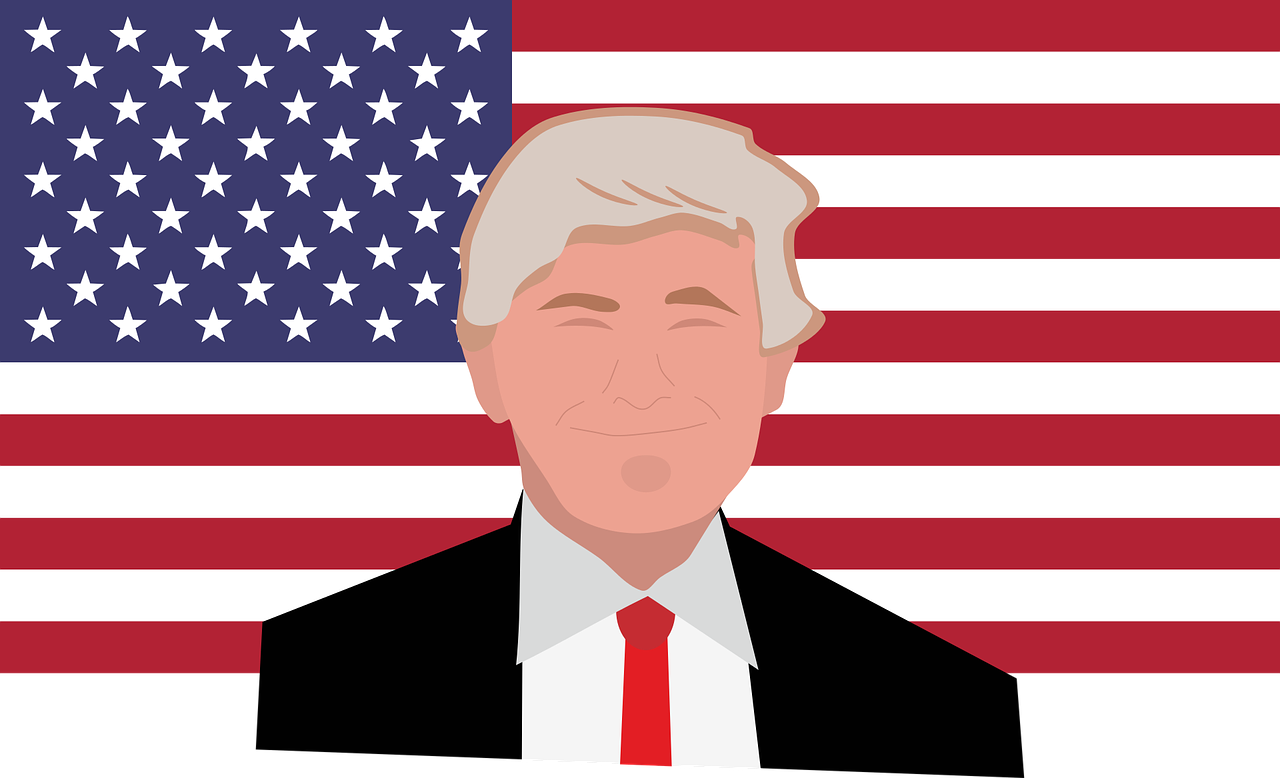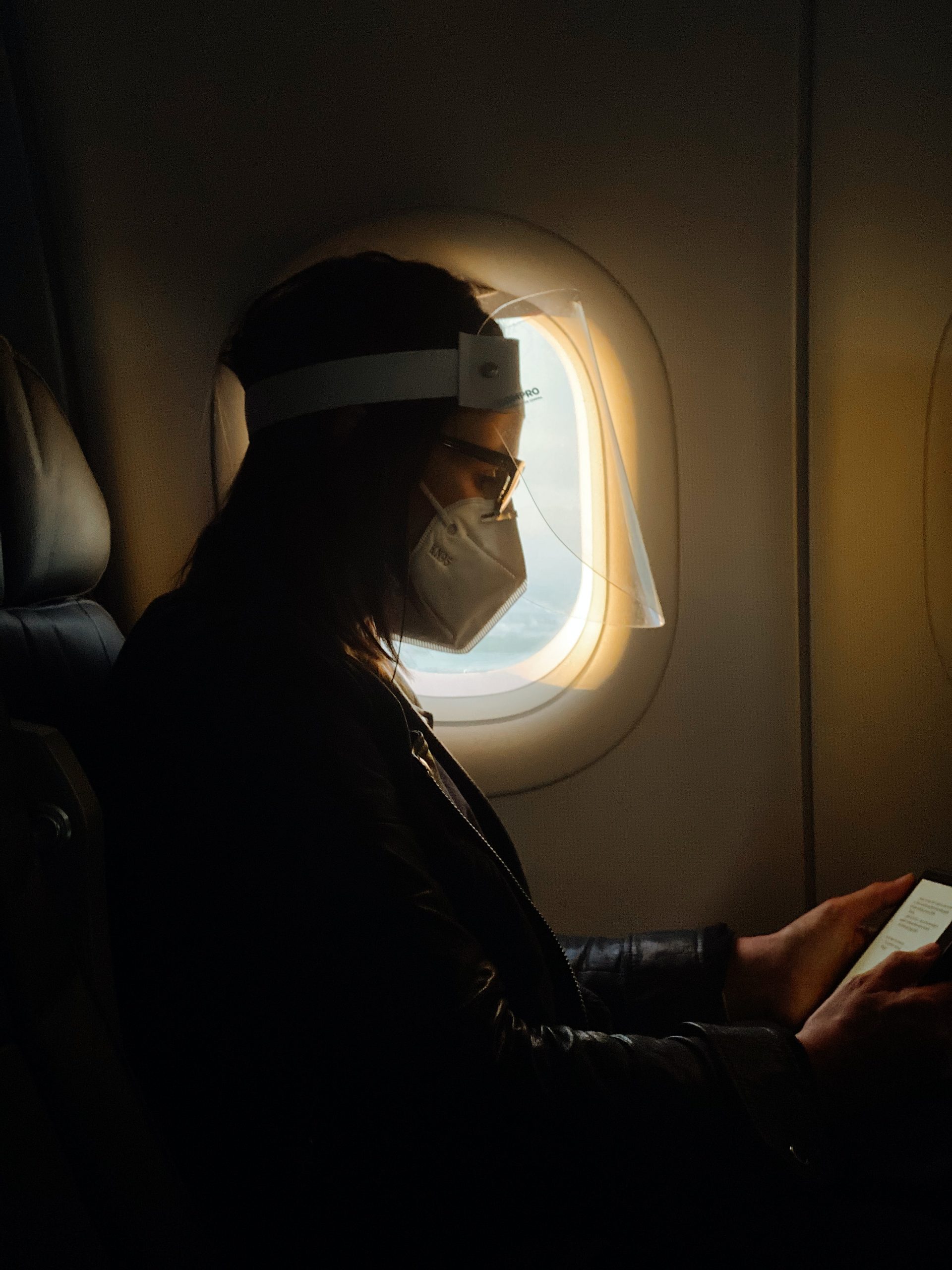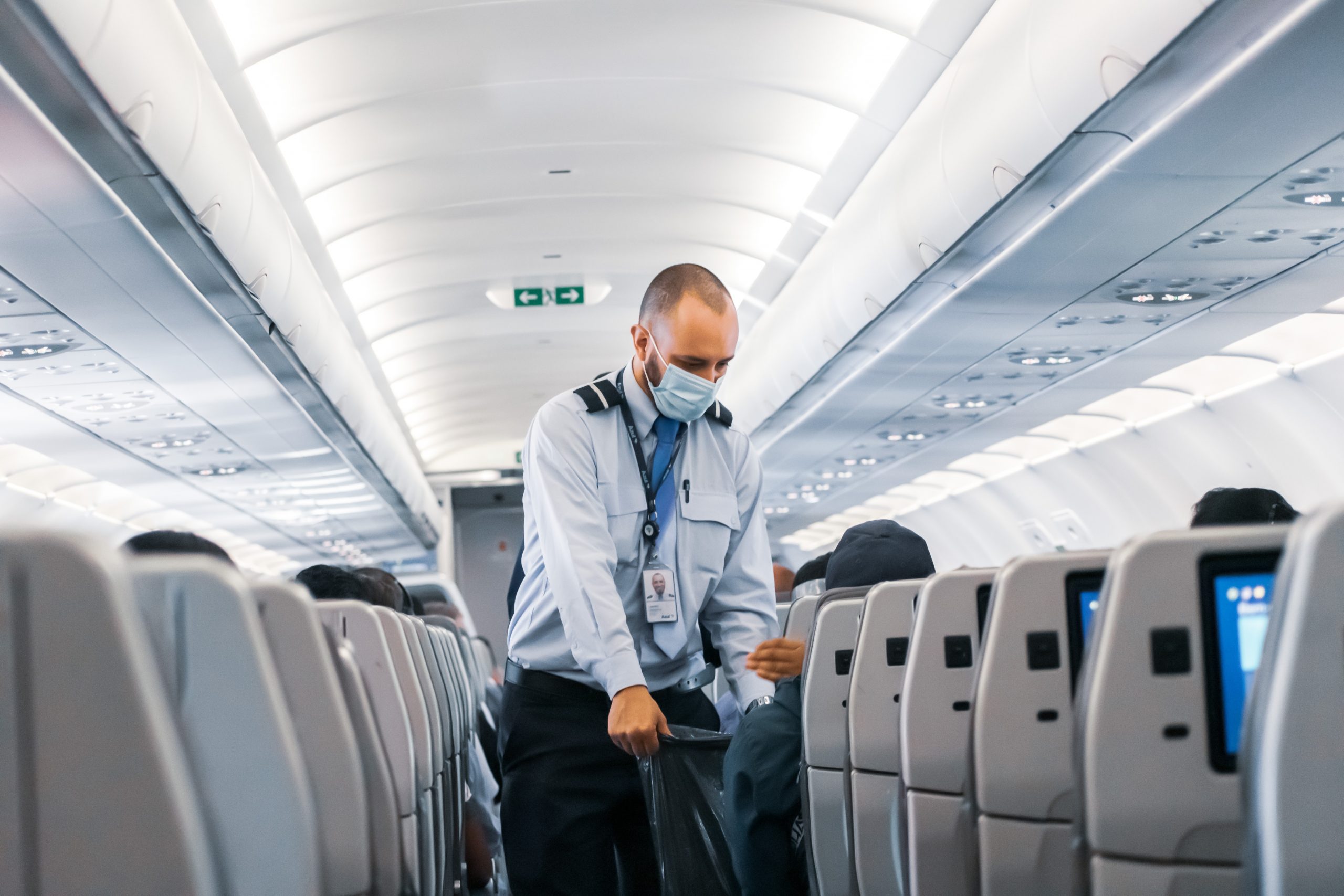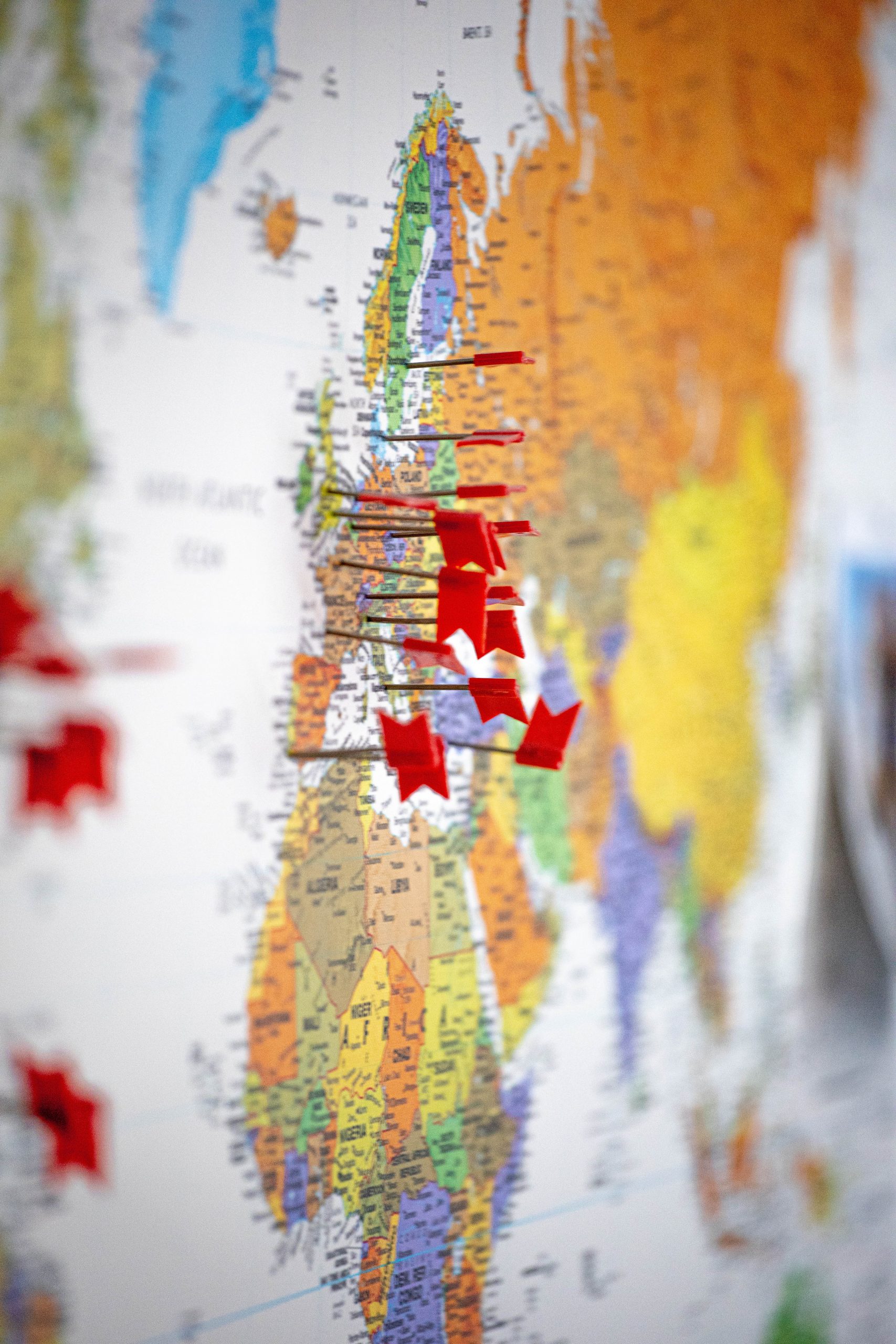 In this blog post, we discuss how Trump’s return to the White House on January 20th could impact employment-based visa applicants and their employers in the years ahead.
In this blog post, we discuss how Trump’s return to the White House on January 20th could impact employment-based visa applicants and their employers in the years ahead.
While the Trump campaign has been very vocal about their zero-tolerance policy toward illegal immigration, much less has been said about employment-based immigration. For that reason, it has been hard to know exactly what lies ahead for foreign workers.
While we don’t have all the answers, Trump’s track record on employment-based immigration helps provide insights into the changes we are likely to see during his second term.
To help readers understand how the incoming Trump administration may impact employment-based immigration, we have drawn up the top five areas where there is a high likelihood that changes may be introduced either by executive action or internal policymaking.
This information is based on our collective experience dealing with immigration agencies during Trump’s first term in office. Readers should be aware that none of this information is set in stone. Immigration policies are likely to evolve as the Trump administration settles in and as the political climate becomes more balanced.
Increasing Vetting and Processing Times for Employment-Based Workers
Foreign workers who plan to file employment-based cases should be aware of the following potential changes in the months ahead.
- The Return of Employment-Based Green Card Interviews?
In 2017, the Trump administration made the employment-based green card application process much more difficult when it required adjustment of status applicants to attend in-person interviews.
This directive was handed down with the passage of Trump’s executive order known as “Protecting the Nation from Foreign Terrorist Entry Into the United States.” This executive order was meant to crack down on immigration, by combating fraud and abuse in the green card process.
The decision to reinstate visa interviews for employment-based green card applicants led to a sharp increase in processing times at USCIS offices nationwide. This was due to the increased demand for interviews and limited resources available to accommodate the surge in applicants.
While in-person interviews are generally required under the law, prior to Trump’s presidency, the U.S. Citizenship and Immigration Services (USCIS) waived in-person interviews for a broad category of applicants, including employment-based green card applicants to better allocate resources toward higher risk cases.
 Visa Lawyer Blog
Visa Lawyer Blog








